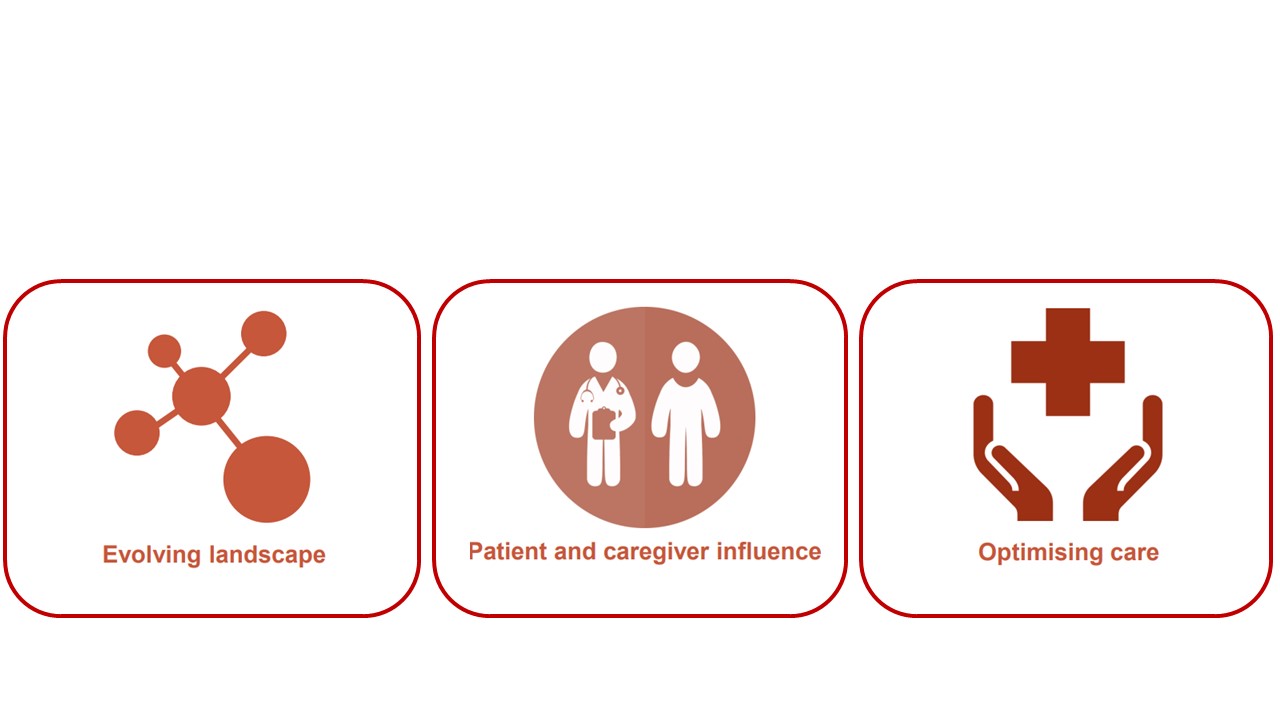Hello on behalf of CORONARY CONNECT: my name is Jan Přeček. I’m a cardiologist from the University Hospital Olomouc in the Czech Republic. I’d like to talk about safety of low levels of LDL cholesterol (LDL-C).
LDL-C as a Risk Factor
Elevated LDL-C is a clearly established major risk factor for the development of atherosclerotic cardiovascular disease.
Risk reduction of atherosclerotic cardiovascular disease is proportional to the absolute and relative LDL-C reduction achieved. In other words, there seems to be no LDL-C threshold, below which no further atherosclerotic cardiovascular disease prevention can be achieved.
Treatment Goals
This is reflected in current guidelines of the European Society of Cardiology and the European Atherosclerosis Society for the Management of dyslipidaemias. Treatment goals for LDL-C were again shifted lower. The use of lipid-lowering drugs in sequential combination is recommended. Intensive lipid-lowering therapy, especially when PCSK9 inhibitors are used, allows very low levels of LDL-C to be achieved.
Supporting Physiological Evidence
But on the other hand, cholesterol plays an important role in human physiology. It’s a key component of many hormones and all cell membranes. So, there has been concern that maintaining LDL-C concentrations at very low levels may also have adverse consequences. I would like to mention two examples on this issue that do not confirm these concerns. The first example is the neonatal period of each of us. The usual level of LDL-C in a newborn is between 0.7 and 1.8 mmol/L. It’s a time of maximum growth acceleration despite low cholesterol levels. So, each of us is a demonstration that low cholesterol does not restrain development.
Supporting Clinical Trial Evidence
The second example includes evidence from trials with intensive lipid-lowering therapy. A meta-analysis from Marc Sabatine published in JAMA Cardiology in 2018 suggests that it’s both safe and effective to lower LDL cholesterol, as low as a median of 0.5 mmol/L. In this study there was no increased risk of adverse outcomes even when LDL was lowered to these levels.
In Summary
So, let me conclude that it’s recommended to lower LDL-C as much as possible to prevent atherosclerotic cardiovascular disease. Achieving very low levels of LDL-C provides an additional clinical benefit reducing the incidence of cardiovascular disease and it’s not associated with serious side effects.
Thank you for your attention on behalf of CORONARY CONNECT.






 Downloadable
Downloadable  4 MIN
4 MIN
 Jul 2024
Jul 2024 





